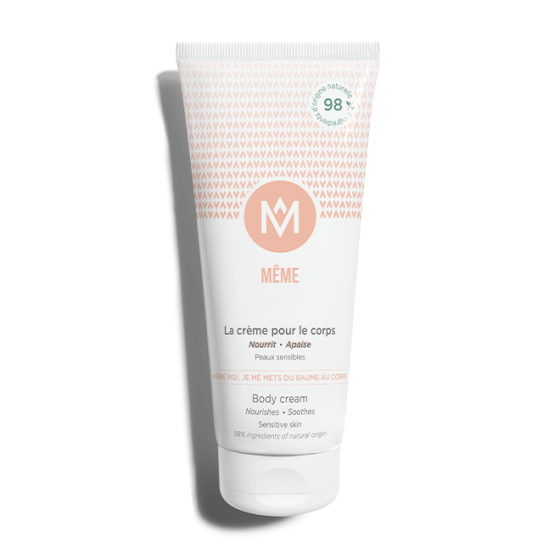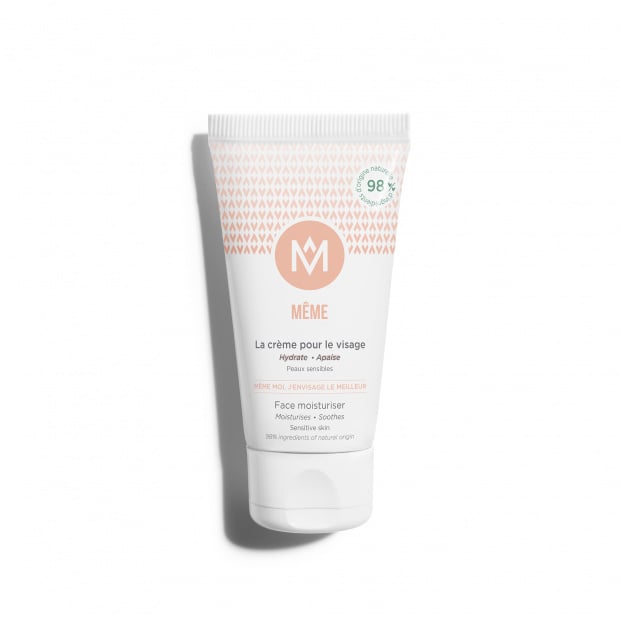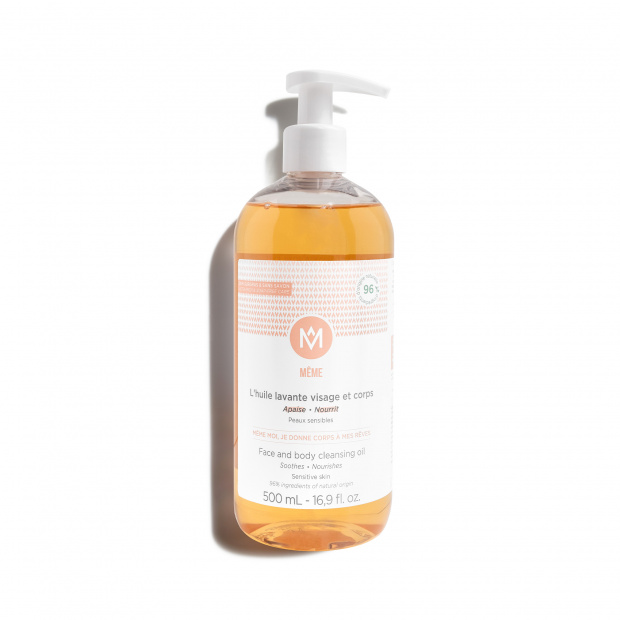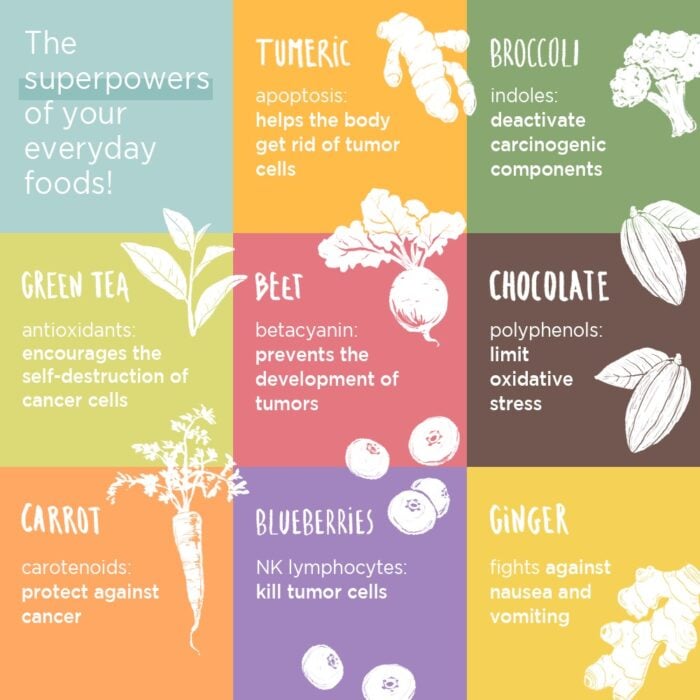Fatigue, mental fogginess, decreased libido, vaginal dryness, muscular pain, disrupted relationship with your body are some of the side effects of the cancer treatments that can sometimes completely cut off our sexuality. But it can be an important element in our daily well-being. We’d like to give you some tips to finding the right balance.
Break the taboo on sexuality
Already intrinsically taboo, sexuality can sometimes become even more so during cancer treatments. From becoming disconnected from your body to being out of step with your partner, this intimacy at times takes a backseat while we would have everything to gain by talking about it.
Discussing it with your partner
When you’re in a relationship, the moment that the subject becomes problematic for one of you, it’s best to develop the reflex for open discussion. In fact, during cancer treatments and often even after them, a distance can develop in one way or another.
In certain cases the treatments can lay you out so much that the idea of an intimate moment with your partner does even enter your mind; in other cases it’s your partner who doesn’t attempt to touch you, fearful of weakening you even more.
And clearly, there are also cases where everything continues to go well, regardless of what place sexuality has in your relationship.
On the other hand, as soon as you start doubting your sex life, causing a distance or doubt to develop, the first step should be communication. Set aside a specific moment with your partner to explain how you feel, what your desires and fears are and listen to their desires and fears. Like all conversations in a relationship, the challenge is often to simply find some middle ground.
Perhaps you need to explore other types of sexuality, perhaps simple gestures of affection will be enough for the both of you to express your love and care for each other. You will certainly go through several stages concerning your intimacy and sex life throughout your treatment programme.
Thus, it’s a question of adjusting, and as long as it’s done through open and caring communication, you will move forward in the right direction.
Here is a small reminder that may seem insignificant, but in reality it is vitally important: don’t force yourself. You may want to please your partner, sometimes even having the unfortunate fear that a change in your sexuality may break something in your relationship, but in no case should your relationship’s intimacy become another burden to bear during the illness.
Discussing it with a healthcare professional
When discussing it with your partner, or in the case where communication is not very straightforward, do not hesitate to seek out a healthcare professional. Couples therapy can be helpful for both your sexuality and for addressing the impact of the illness on your relationship in general.
You can start by asking your medical team if they can recommend a psychologist or also a sex therapist.
Your oncologist and your medical team in general are fully aware of the importance of your well-being and they will take care of you and set you up in the best conditions possible so you can heal. No subject is taboo for your doctor. You can discuss anything with them, and your sexuality is certainly an important component of your quality of life during the treatments.
Combatting vaginal dryness
Among the things that can impact your sexuality, vaginal dryness is the most physically trying. In fact, whether it is caused by general skin dryness during chemotherapy or by the artificial menopause of hormonal therapy, vaginal dryness can become extremely unpleasant on a daily basis and even more so for your sexual activity
You can find yourself in a situation where you want or need intimate interactions so you can feel well, while being physically incapable of enjoying those moments.
To continue to be sexual in the way you want, it becomes necessary yet again to discuss it with your medical team without feeling embarrassed.
Simple, daily gestures can be adopted to combat vaginal dryness. And if that is not enough, medical ovule treatments can improve your vaginal comfort by maintaining the moisture of your mucus membranes.
Lastly, once and for all, it’s best to use lubricant so you can pursue your desires with fear of irritation or pain.
Rediscovering your body
In this article on sexuality, we’ve talked a lot about couples, but sexuality is not only for relationships. Far from it.
We don’t know about you, but when we talk about it amongst each other, we feel that sexual fulfilment starts first with your relationship with your own body.
When we feel uncomfortable in our own skin, we can have trouble relaxing, exposing ourselves to someone else and detaching from our physical embarrassment that keeps us from feeling pleasure in our interactions.
We can sometimes feel undesirable, so much so that we don’t even dare to touch ourselves.
But by pleasing our own bodies and rediscovering on our own what makes our bodies feel good (that can change with the treatments), we are unconsciously sending ourselves the message that we deserve pleasure and desire.
Whether you’re in a relationship or not, your sexual fulfilment often relies on becoming intimate with your body and your own sense of pleasure again on your own.
Is it really necessary to reminder us that it is also an integral part of an overall effort to reconnect with your body, which can sometimes change a lot due to the illness?
We hope that this article will send some of you on the path to rediscovering your sexuality. Do not hesitate to share your experience and advice in the comments!
You can also join in the discussion on social media with #SansTabou.












